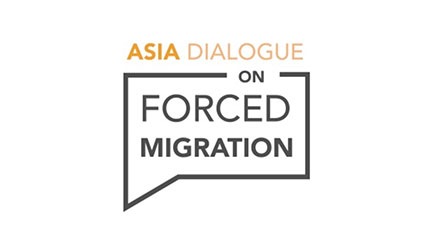The recent letter by six economists, of whom I was one, calling for a new inquiry into the financial system, raised a number of issues. Many of them turn on the question of how, if at all, the government should guarantee the viability of financial institutions.
Until October 2008, the system was carefully ambiguous. Governments and the Reserve Bank implicitly assured both the general public and wholesale lenders that our major banks are completely safe, while simultaneously denying that their liabilities were guaranteed. As was both predictable and predicted, the contradictions in this stance were exposed the first time the system faced a serious crisis. The result was the unlimited guarantee we have now.
As the six economists’ letter observes, we must now consider whether to maintain, modify or withdraw the guarantee. Whatever we do, the crucial issue that has not been faced so far is that publicly-guaranteed institutions require much closer regulation than is consistent with policies of financial deregulation.
So, there are three policy options available. The first is the maintenance of the existing guarantee, and a comprehensive re-regulation of the system. This would not mean a return to the system that prevailed before the 1970s (no such return is ever possible) but it would require direct control over the allowable range of products, the setting of interest rates, fees and charges and the allocation of lending between sectors of the economy.
Current government rhetoric suggests the desire to return to something like the old system, with deposit guarantees being withdrawn once the crisis is over. But clearly, we cannot go back to the old ambiguity. If the guarantee is withdrawn, this will be a clear statement to depositors that they must make their own judgments about the safety of their money. It was in this context that the idea of a publicly-owned and publicly guaranteed savings bank was suggested.
The third option, in some ways a compromise, is that of narrow banking, in which publicly guaranteed banks stick to a tightly regulated range of well-understood activities. This allows for a completely separate set of financial institutions, of which stock markets are the exemplar, where government guarantees are ruled out in advance. These would offer higher returns but no possibility of transferring risk to the public.



